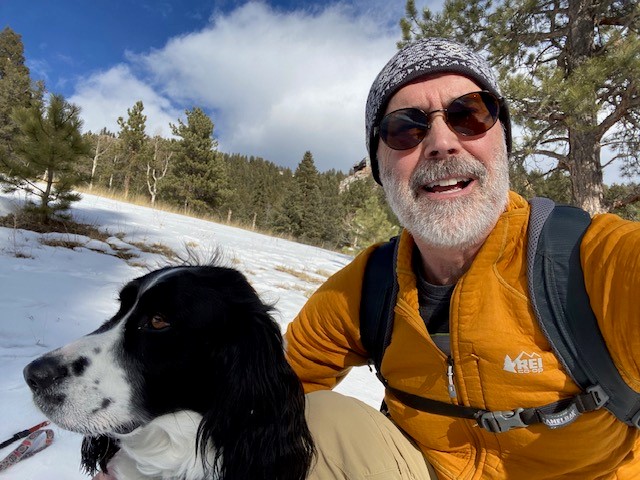Welcome from the Director
Occupational & Environmental Residency & Fellowship

Welcome to the Occupational and Environmental Medicine Residency and Fellowship, part of the Department of Environmental and Occupational Health at the Colorado School of Public Health.
We offer comprehensive training in occupational and environmental medicine through a two-year residency or a one year “fellowship.” Residents earn their MPH in Occupational and Environmental Health. Fellows either complete their Master’s in Public Health (MPH) or arrive with one completed. Residents and fellows who already have an MPH can also earn a Certificate in Total Worker Health®. Tuition is provided by the program and clinical experiences are balanced to allow time for the required graduate work.
We intentionally spread the clinical and MPH experiences over two years for residents, so that they have time to incorporate hands on clinical experiences over the residency experience.
Graduates of the program are eligible for the American Board of Preventive Medicine Occupational Medicine certification exam through the Residency Pathway.
We are fortunate to be supported by the Mountain & Plains Education and Resource Center (MAP ERC), and receive funding through NIOSH, Pinnacol Assurance, Denver Health, and National Jewish Health.
We have support from and collaborate with the Center for Health, Work & Environment (CHWE), within the Department of Environmental and Occupational Health. CHWE provides opportunities for research and service in multiple areas of occupational and environmental health, including employer facing diabetes prevention programs and recovery friendly workplaces, research on kidney failure and heat conditions in workers in Latin America, as well as working with cancer specialists to keep cancer patients working during treatment.
Colorado is an excellent training ground. The program is well supported by local occupational medicine specialists, many who are graduates of the program. The state has an excellent Division of Workers’ Compensation (DOWC), with medical leadership from a program graduate. The DOWC rotation provides experiences in policy, medical treatment guidelines, and impairment ratings. Residents and fellows rotate at National Jewish Health, a national leader in pulmonary diseases; gain experience in evaluating pneumoconiosis and occupational allergy; and learn to obtain a comprehensive occupational history.
Post graduation, employment opportunities abound both within Colorado and nationally for our trainees. Our program has enough flexibility to allow residents and fellows to have broad and focused experiences to meet needs for clinical, research, administrative, and policy experiences to prepare you for your next professional stage.
I am delighted you are interested in the field of occupational medicine and in Colorado!
As you progress on your journey to train, feel free to reach out to me or our program coordinator.
Best Regards,
Paul Ogden, MD, MSPH


